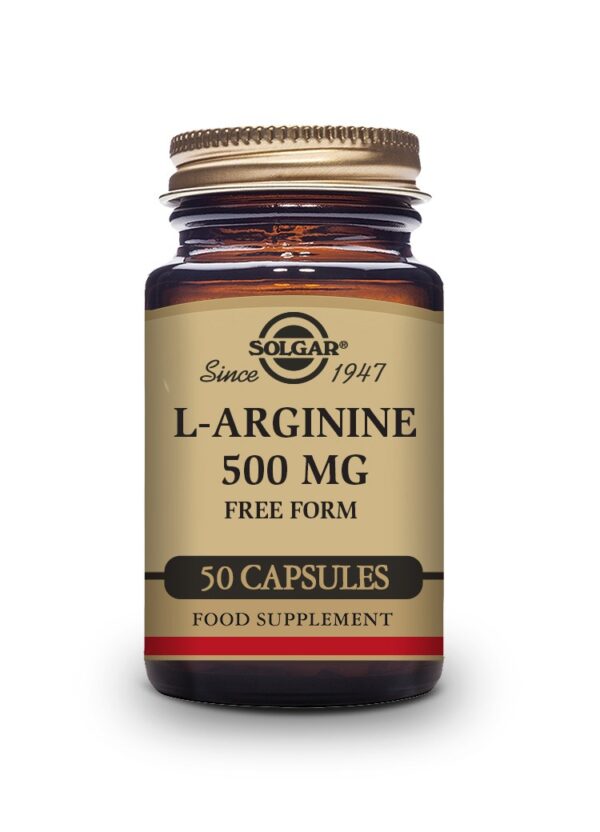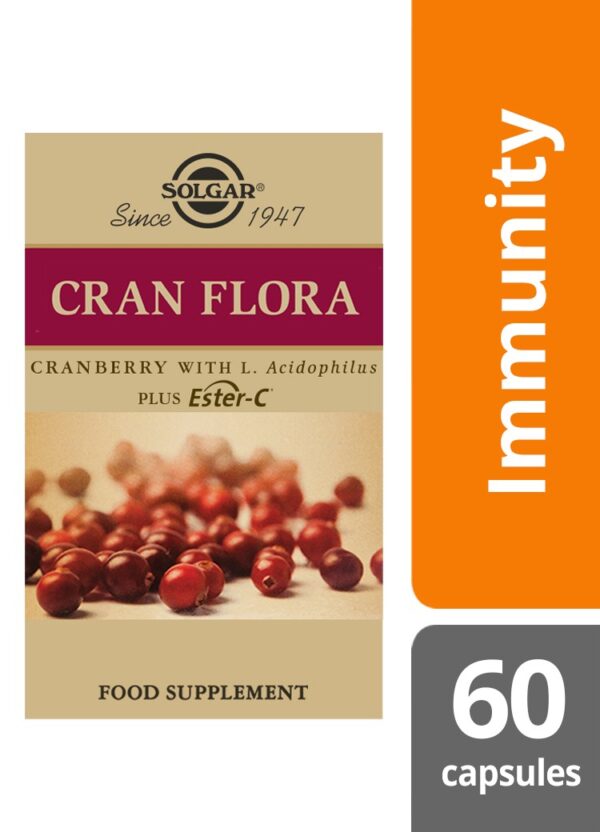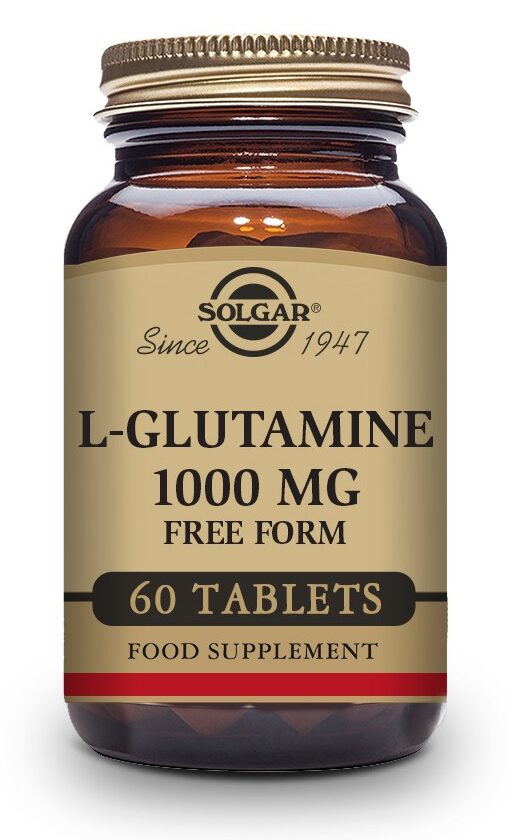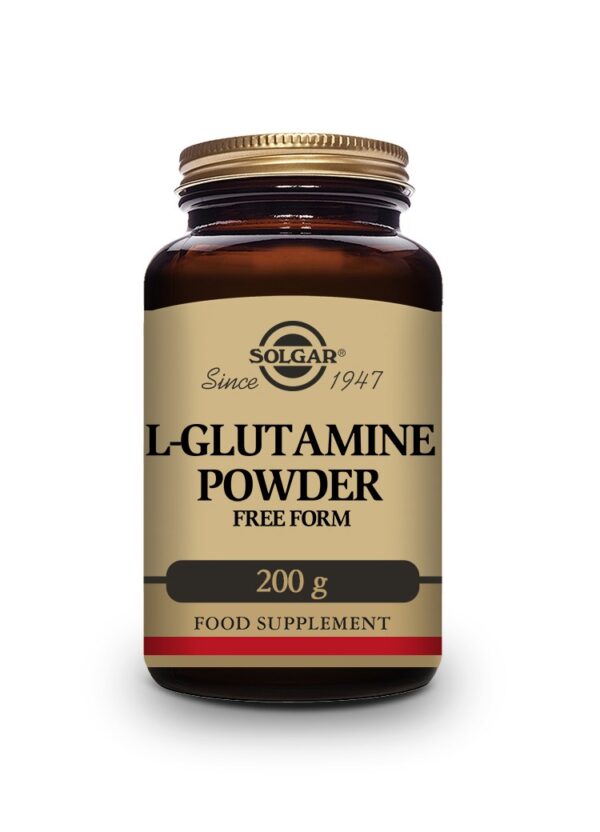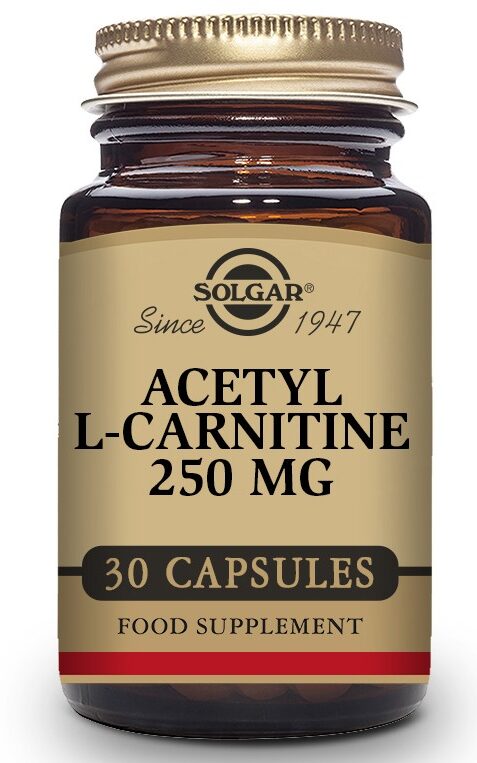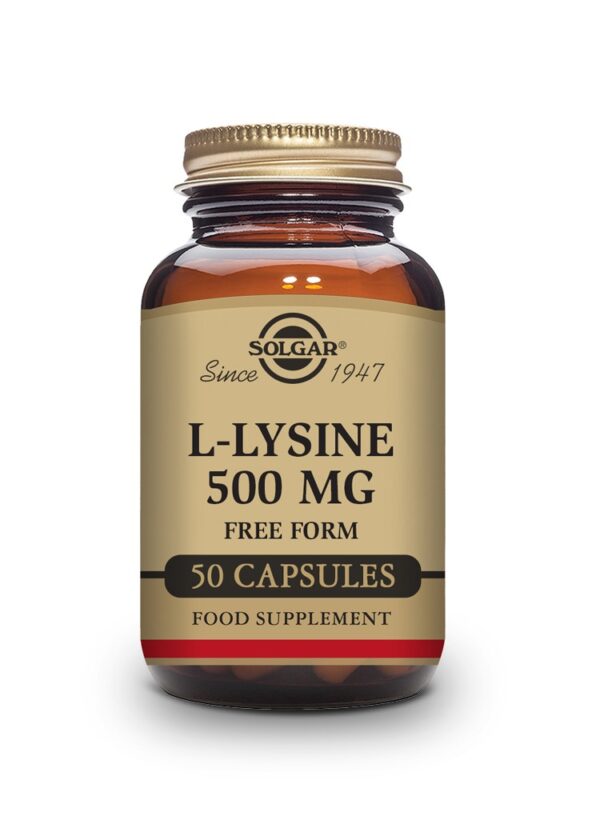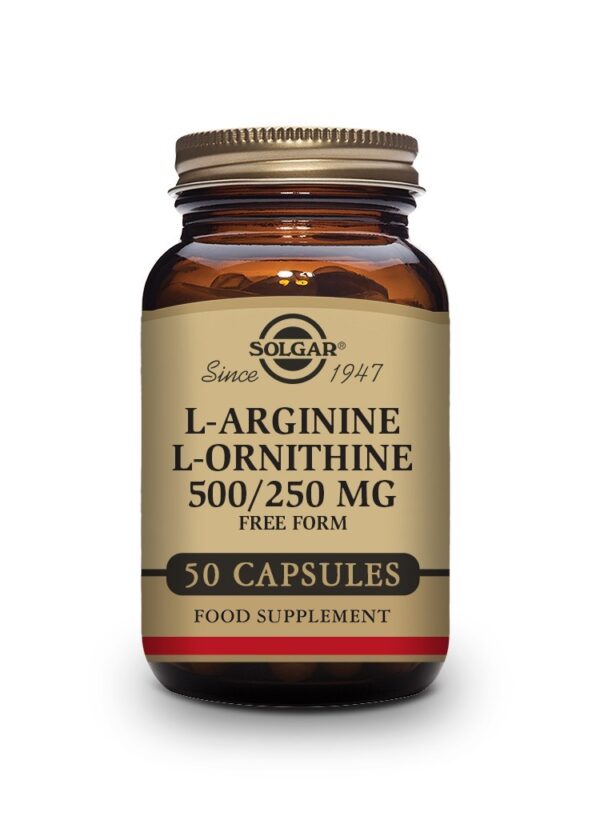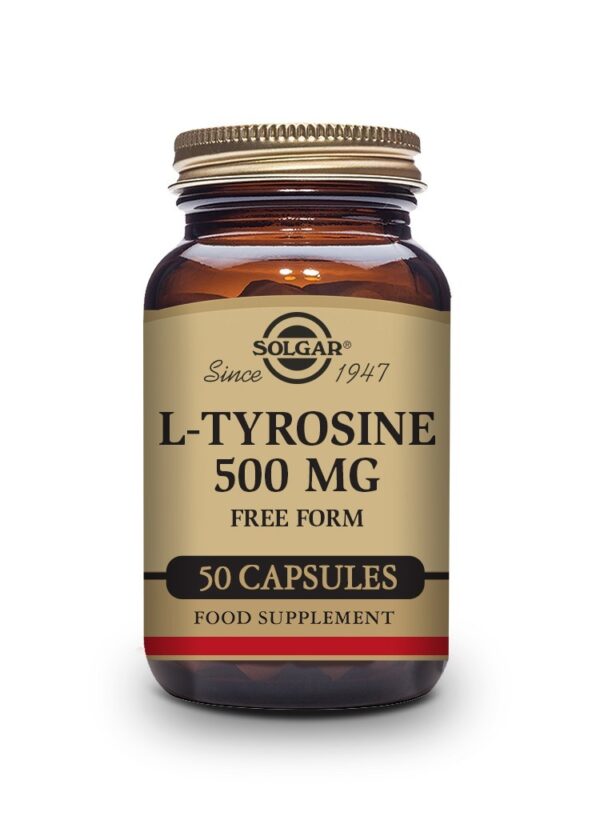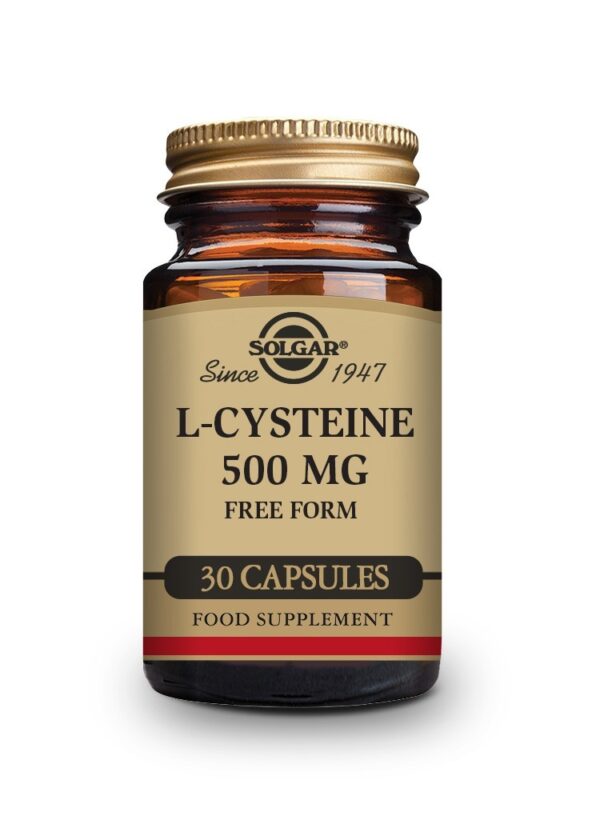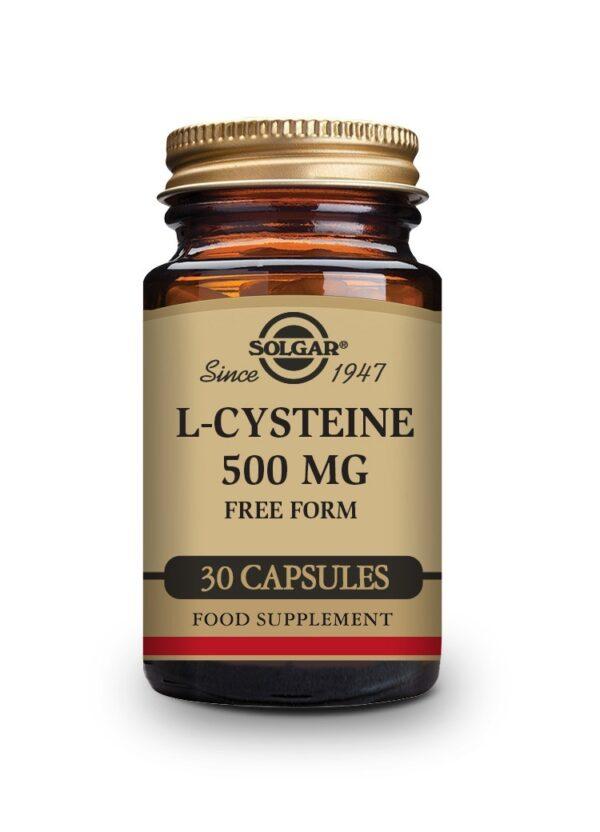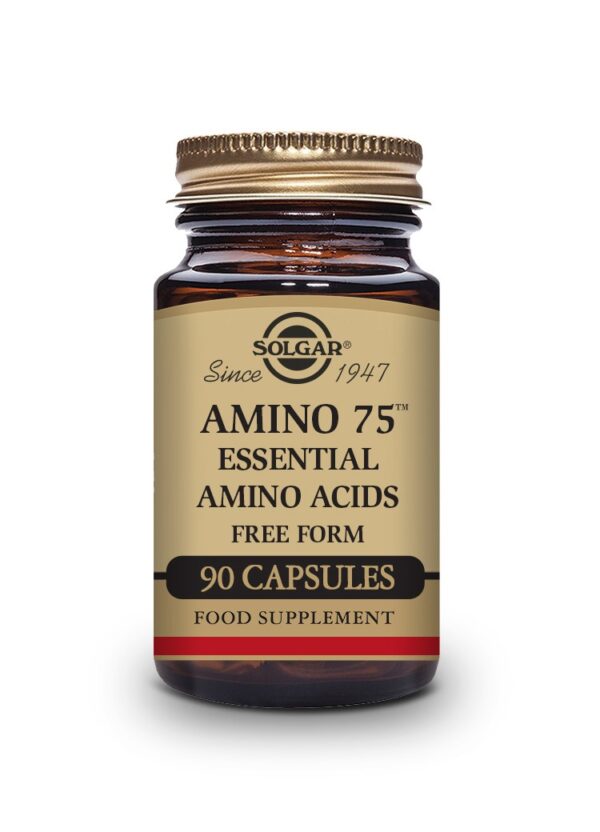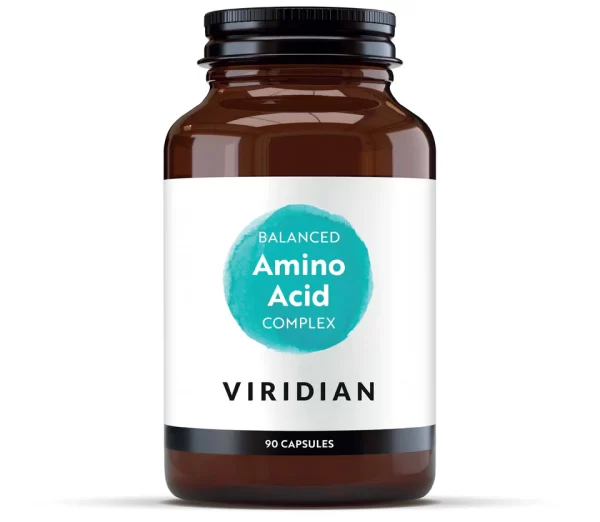Description
L Glutamine
Solgar L-Glutamine, its uses, and potential health benefits.
What is L-Glutamine?
-
Amino Acid: L-Glutamine is the most abundant amino acid in the human body. Amino acids are the building blocks of protein.
-
Conditionally Essential: While the body can typically synthesize enough L-Glutamine on its own, during times of intense stress, illness, injury, or heavy exercise, the demand for glutamine can exceed the body’s ability to produce it. In these situations, it becomes “conditionally essential,” meaning it might need to be obtained from diet or supplements.
-
Fuel Source: It serves as a primary fuel source for certain cells, particularly those in the intestines (enterocytes) and immune cells (lymphocytes and macrophages).
-
Nitrogen Transport: It plays a crucial role in nitrogen transport between tissues, which is vital for many metabolic processes.
-
Precursor: It’s a precursor for the synthesis of other amino acids and glutathione (a major antioxidant).
Potential Health Benefits and Uses:
-
Gut Health and Integrity (“Leaky Gut”):
-
Mechanism: This is one of the most well-known uses. L-Glutamine is a critical fuel source for the cells lining the intestines. It helps maintain the integrity of the intestinal barrier, preventing “leaky gut” (increased intestinal permeability), where undigested food particles and toxins can pass into the bloodstream, potentially triggering inflammation. It aids in the repair and regeneration of the gut lining.
-
Uses:
-
Supporting recovery from leaky gut syndrome.
-
Potentially beneficial for individuals with Irritable Bowel Syndrome (IBS) and Inflammatory Bowel Disease (IBD) like Crohn’s disease and ulcerative colitis (often as part of a broader treatment plan).
-
Helping to repair gut damage caused by medications (like NSAIDs), infections, or stress.
-
-
-
Immune System Support:
-
Mechanism: Immune cells (like lymphocytes and macrophages) rely heavily on glutamine as a fuel source, especially during times of high activity (e.g., fighting infection). Glutamine levels can drop significantly during illness or injury, potentially impairing immune function.
-
Uses:
-
Supporting immune function during and after illness, surgery, or trauma.
-
Potentially reducing the risk or severity of infections in critically ill patients or those undergoing intense physical stress.
-
-
-
Muscle Recovery and Growth (Especially for Athletes):
-
Mechanism: Intense exercise can deplete glutamine stores in muscles. Supplementation may help:
-
Reduce muscle protein breakdown (catabolism).
-
Promote muscle protein synthesis.
-
Reduce muscle soreness and improve recovery time after strenuous workouts.
-
Replenish glycogen stores.
-
-
Uses: Popular among athletes, bodybuilders, and those engaging in intense physical training to enhance recovery and support muscle maintenance. However, research results in healthy, well-nourished athletes are somewhat mixed, with some studies showing clear benefits and others less so.
-
-
Wound Healing and Recovery from Injury/Surgery:
-
Mechanism: The body’s demand for glutamine increases significantly during trauma, burns, or after surgery to support tissue repair, immune response, and combat catabolism.
-
Uses: Often used in clinical settings (sometimes intravenously) to support recovery in burn victims, surgical patients, and those with severe injuries.
-
-
Brain Health (Less Direct, More Supportive):
-
Mechanism: Glutamine can cross the blood-brain barrier and is converted into glutamate (an excitatory neurotransmitter) and GABA (an inhibitory neurotransmitter) in the brain. It plays a role in maintaining a balance between these neurotransmitters.
-
Uses: While not a primary treatment, it’s sometimes explored for its potential supportive role in cognitive function and mood, though direct supplementation effects on brain neurotransmitter levels are complex.
-
Important Considerations:
-
Consult Your Doctor: As with any supplement, it’s important to talk to your healthcare provider before starting L-Glutamine, especially if you:
-
Have kidney disease or liver disease (as these organs are involved in amino acid metabolism).
-
Have Reye’s syndrome.
-
Are pregnant or breastfeeding.
-
Have certain types of cancer (some cancer cells can use glutamine as fuel, so it’s a complex area requiring medical guidance).
-
Are taking anti-seizure medications (glutamine can be converted to glutamate, which might interfere).
-
-
Dosage: Dosages can vary widely depending on the reason for use.
-
For general gut health or athletic recovery, doses might range from 5-15 grams per day, sometimes divided.
-
Higher doses are typically used in clinical settings under medical supervision.
-
-
Side Effects: L-Glutamine is generally considered safe for most people when taken at appropriate doses. Some individuals might experience mild digestive upset (like bloating or constipation) at higher doses.
-
Food Sources: L-Glutamine is found in protein-rich foods, including:
-
Meat (beef, chicken, pork)
-
Fish
-
Dairy products (milk, yogurt, cheese, cottage cheese)
-
Eggs
-
Beans and legumes
-
Tofu
-
Leafy green vegetables like spinach and parsley (in smaller amounts)
-
-
Quality: Choose supplements from reputable brands to ensure purity and quality.
In summary, L-Glutamine is a conditionally essential amino acid crucial for gut health, immune function, and recovery from stress or injury. While the body produces it, supplementation can be beneficial in certain situations, particularly for intestinal support, immune boosting, and athletic recovery. Always discuss with a healthcare professional to determine if it’s appropriate for your specific needs.

